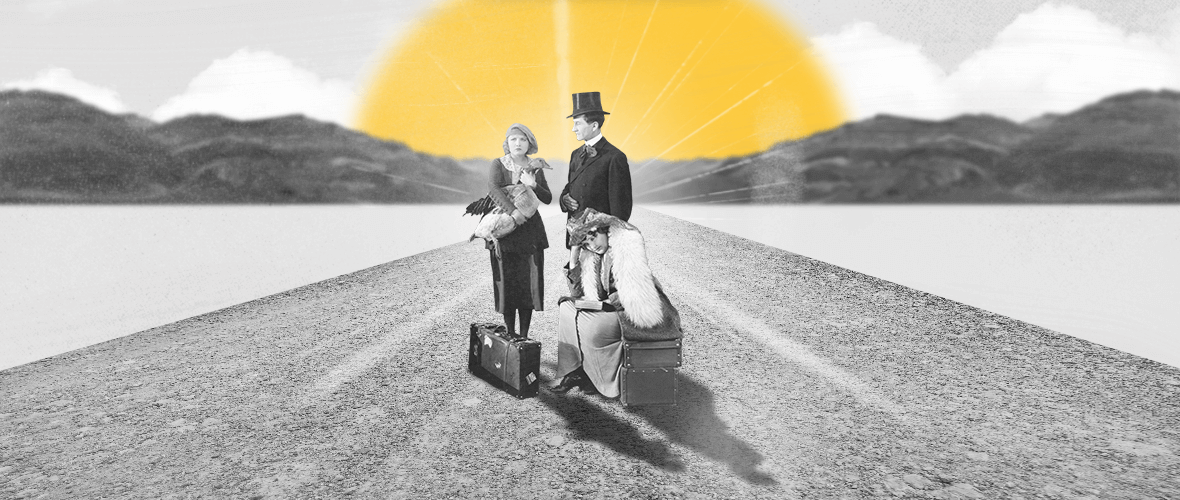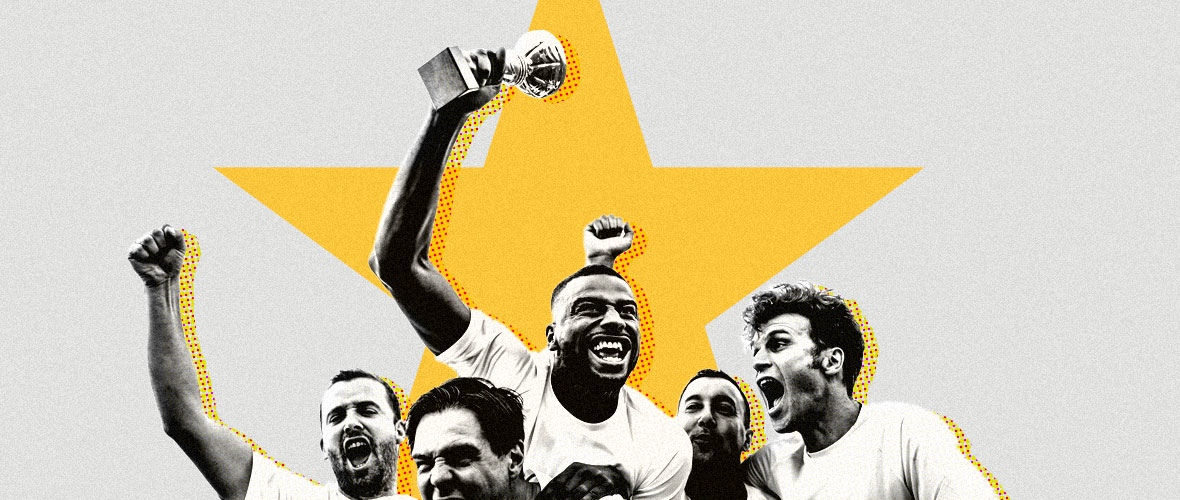Destination Marketing Looks Different This Year
“Where’s the first place you’re going when we get out of this?” was a popular conversation-starter on Zoom happy hours last year, and now people around the world are making good on their answers. Recently, over two million passengers checked into an airport. That’s almost three times more travelers compared to the same date last year, and it comes close to matching the pre-pandemic count from July 25, 2019. This is music to the tourism industry’s ears, and cities, states and countries are selling themselves as the place to be after our long national lockdown. However, they aren’t quite phrasing it that way. In fact, many are taking approaches we’ve never seen before, and we’re curious to see which trends are passing fads, and which will leave a lasting impact. Here’s a look at some interesting advertising angles:
INCENTIVES, INCENTIVES, INCENTIVES
There’s nothing new about adding a freebie to your price tag, but some of the offers currently flying around the tourism industry are indicative of the times. In one example, the Tourism Campaign of Thailand proposed offering $1 hotel rooms in Phuket. Closer to home, Tennessee enlisted country music superstar Brad Paisley to help market their “Tennessee on Me'' campaign, in which customers who purchase a two-night stay in Nashville, Memphis, Knoxville or Chattanooga subsequently receive a $250 airline voucher to cover their travel.
And in what’s certainly the coziest offer of the year, Iceland will turn your old sweatpants into hiking boots. The stunt is part of their pandemic-influenced “Looks Like You Need an Adventure," campaign which suggests we’ve been cooped up in the small world of our living rooms for long enough and it’s time to enjoy the boundless Icelandic outdoors. I’m not sure if the boots are selling, but all you have to do is check Instagram to see that Iceland remains a popular excursion.
FEELINGS OVER FEATURES
It’s been an emotional year and a half, and in the wake of our collective grief it can be hard to care which beaches have the whitest sand, what cities have the swankiest hotels, or what parks boast the highest peaks. This simplified the essentials of a good vacation: Quality time with loved ones, a place that feels far from wherever we quarantined, and events that make life feel normal again. These are emotional needs, so it’s no wonder most of the tourism marketing right now is taking a sentimental slant.
Rental giant VRBO went all in on this approach with a beautiful campaign about the power of in-person reunions that features an exclusive song from the ever soulful John Legend. Here at MGH, we took a similar approach (sans the Grammy winner) with Ocean City, Maryland Tourism. While past campaigns featured Rodney the lifeguard saving people from boredom, or the Fun Family enjoying endless entertainment offerings, this year’s campaign is all about the call of the ocean. The beach is the main character, and it’s those memories that come to mind when you feel its sand and float along its shore. Approaches like this can’t work every year—it’s not like OCMD is the only destination offering a slice of the Atlantic coast—but it feels right in a year when we’re all thinking with our hearts.
THE FUTURE IS NOT AN AFTERTHOUGHT
Tourism and sustainability usually exist in conflict. On top of the emissions that go into traveling long distances, the quintessential vacation motto “When in Rome” encourages us to live in the moment, hangovers, calories, and credit card bills be damned. To the individual, this is euphoric; to the planet, it’s unsustainable, and some popular destinations are now sounding the alarm to their own visitors.
Scotland, whose tourism industry accounts for 5% of its GDP and almost 10% of its employment, recently unveiled a “Yours To Enjoy. Responsibly” campaign, which features commercials about responsible tourism, online resources to more sustainable practices (like eco-friendly travel), and even ideas for vacations that revolve around volunteering. 1,700 miles south, Portugal—another country that benefits from droves of foreign tourists—released a sustainability campaign titled #CantSkipTomorrow, which features the voice of a young child as our planet in the future, kindly imploring all of us to keep him in mind whenever we adventure. It’s a cute spot that features all the beautiful B-roll found in a typical tourism campaign, only with a more poignant message.
MOVING FORWARD
What should we make of these new directions? Are they short-term adjustments to an unprecedented pandemic, or do they reflect a larger shift in how we intend to travel? A little of both, probably. $250 airline vouchers and tip-jar priced hotels are likely to disappear the moment both industries recover from their worst years on record, and tourism campaigns will always try to spark some degree of emotional connection with various destinations. As trends continue to evolve rapidly, it will be interesting to see how the tourism industry responds.






